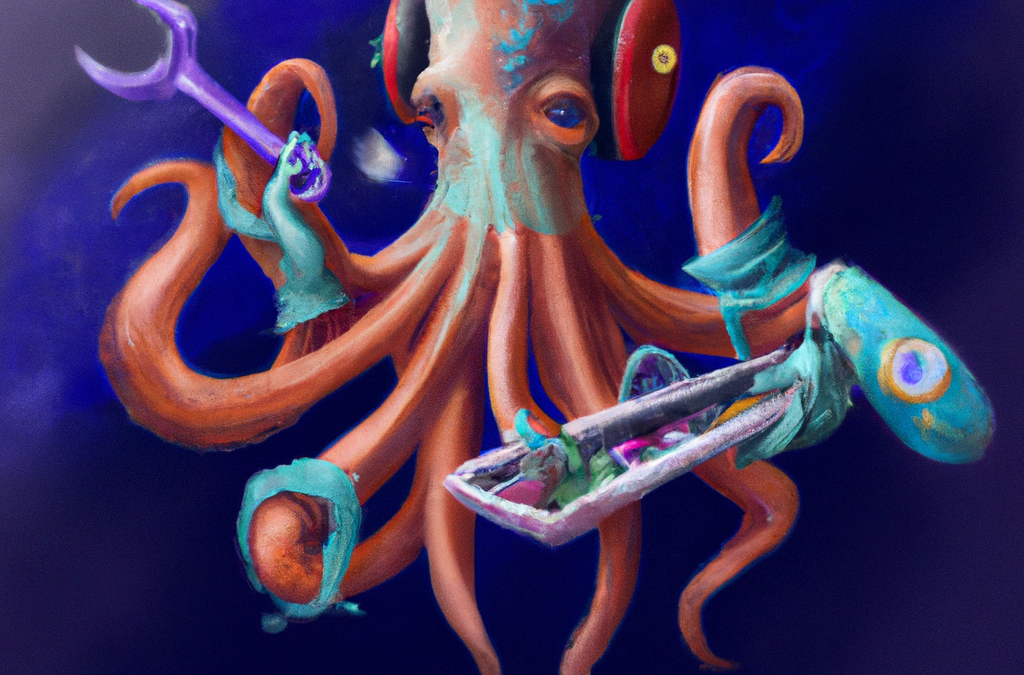Cross-functional teams are composed of individuals with different skills and expertise, allowing for a more diverse range of perspectives and approaches to problem-solving. This diversity of perspectives can help the team to come up with innovative solutions and avoid potential pitfalls that a more homogenous group may overlook.
In a cross-functional team, team members are able to collaborate and work together more effectively, as they have a shared understanding of the project and its goals. This shared understanding helps to ensure that everyone is on the same page and working towards the same objectives, reducing the potential for misunderstandings and miscommunication.
Cross-functional teams are better equipped to handle changes and adapt to new requirements, as they have the necessary skills and expertise in-house to make adjustments quickly. This flexibility can be particularly important in fast-moving or unpredictable environments, where the ability to respond quickly to changing circumstances can be a competitive advantage.
The iterative nature of a cross-functional team allows for regular feedback and adjustments, resulting in a higher quality product. This is because the team can quickly test and refine their ideas, incorporating feedback and making changes as needed, rather than waiting until the end of the project to identify and address potential issues.
In contrast, the waterfall project delivery model relies on sequential stages, with little room for collaboration or adaptation. This can lead to delays and a lack of flexibility in the face of changing requirements. In the waterfall model, each stage must be completed before the next stage can begin, so if there are any changes or delays in one stage, it can have a cascading effect on the entire project.
Overall, a cross-functional team offers many benefits over the traditional waterfall model, including increased collaboration, adaptability, and efficiency. These benefits can lead to a higher quality product and a more successful project overall. In addition, cross-functional teams can foster a sense of ownership and accountability among team members, as everyone has a stake in the project and is responsible for its success.

